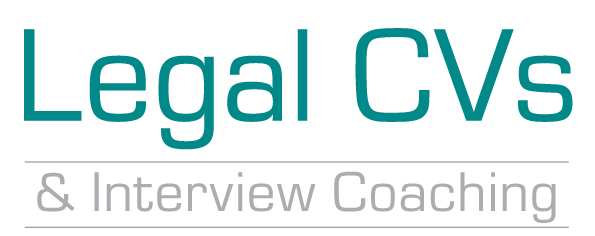Q1. Can you tell us about how you moved from legal practise to legal tech?
Of course! My transition from legal practice to legal tech was driven by a passion for innovation and solving problems.
Sounds cliche right? But it started in the early stages of my legal career, I worked at DWF and they were all about innovation. Back in 2013, they were ahead of time. Implementing clear systems for operational efficiency and remote working. Many firms only adopted a “flexible” mindset after the pandemic hit through sheer necessity.
During my time at DWF they won several awards, ’Legal Innovator of the Year’ at the Legal Business Awards 2015 and ‘Law Firm Innovation’ and ‘Best Use of Technology’ at the British Legal Awards 2014. I was 23 at the time and I felt quite lucky to be working with a firm receiving this recognition.
I left DWF as I was working as a paralegal and felt I was boxing myself into insurance law too early on in my career and there wasn’t a business need at the time for me to branch out into another area. Following that exit, I worked at a few firms before I qualified as a solicitor in 2020. I witnessed first-hand the different appetites when it came to tech. Mostly it was an attitude that stifled innovation. So many firms were afraid to implement tech, whether that be due to cost, security or just overall risk appetite for “new” things.
I had many tech ideas shot down and it got me rethinking my career in law, because I wasn’t feeling seen or heard. I recognised the inefficiencies and challenges within traditional legal processes and the need for change. (I have so many examples – I once spent almost 3 weeks in reprographics photocopying 36 ring-binders that could have been uploaded to a shared secure platform or even burnt to disc #wild).
I knew there was better ways of doing things so I used to sign myself up to legal tech events and seminars on artificial intelligence, machine learning, automations and blockchain. I’d find them through LinkedIn, LegalCheek, LegalEx and directly signing up to law firm websites for updates within the tech sector.
TLDR: I have ALWAYS loved tech.
I heard about Binderr (the company I am working with now) and I initially began consulting for them, assisting ad hoc with bits and bobs, but I felt like I wanted to be more involved. The role directly spoke to my career history and I felt like I could really add some value, so after consulting for a few weeks it naturally became a full time position.
Q2. What do you enjoy most about what you do now
One of the aspects I enjoy most about my current role in legal tech is the opportunity to make a tangible impact within the legal industry.
There are so many different softwares out there. CRM platforms, AML/KYC onboarding platforms, payments platforms, but I haven’t come across one that has a vision like Binderr.
By helping to develop and implement technology solutions, I contribute to improving efficiency, accessibility, and effectiveness within the legal sector.
Being at the forefront of innovation allows me to constantly learn and adapt to emerging trends, which keeps my work dynamic and exciting. I also love the variety of each day, collaborating with diverse teams across the world – we are a global business so we have people on the ground in UK, Ireland, Malta, Estonia, Ukraine, Cyprus, Dubai with plans to expand further afield in the next 12-18 months.
I’m working with such a talented bunch of people too so I constantly feel like we are challenging each other and growing all the time.
Q3. What advice would you give to aspiring LegalTech professionals?
For aspiring legal tech professionals, my advice would be to embrace change, curiosity and continuous learning.
The legal tech landscape is rapidly evolving, with new technologies and methodologies constantly emerging. Stay curious about industry trends, technological advancements, and evolving legal needs.
Actively seek out opportunities to expand your skill set, whether through formal education, online courses, or hands-on experience.
Networking within the legal tech community can also provide valuable insights and opportunities for collaboration.
Finally, don’t be afraid to ask questions, take risks and think outside the box.
“If you do what you’ve always done, you’ll get what you’ve always got” – and in this day and age, it’s simply not possible to do as you have always done as you will get left behind.


0 Comments